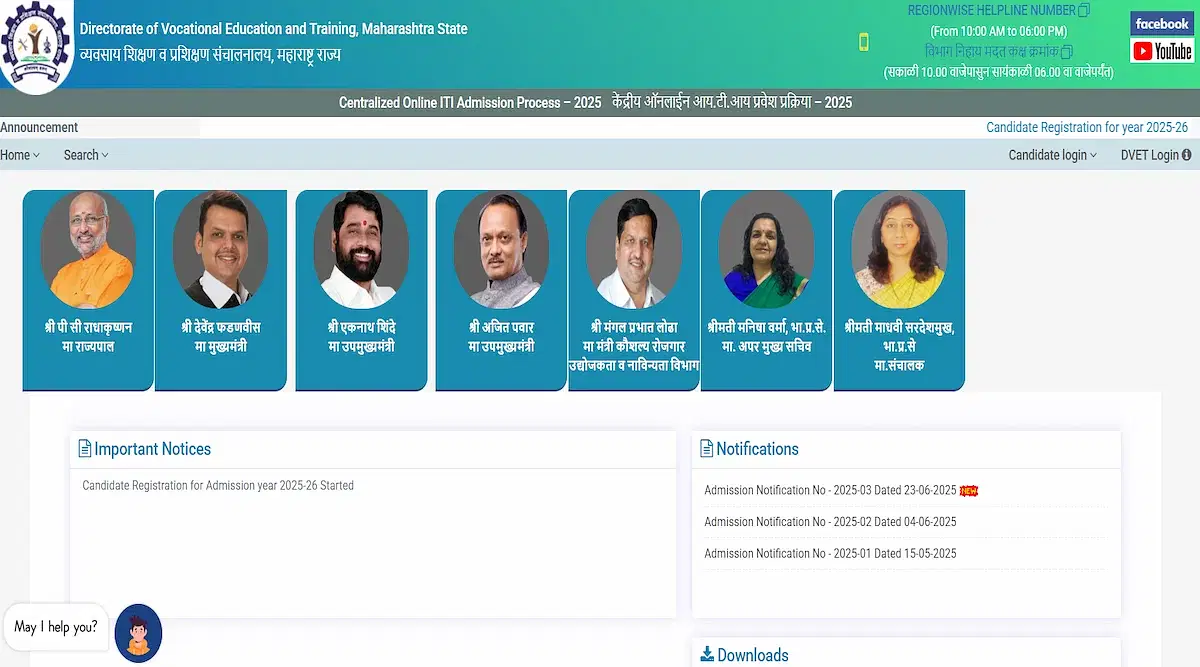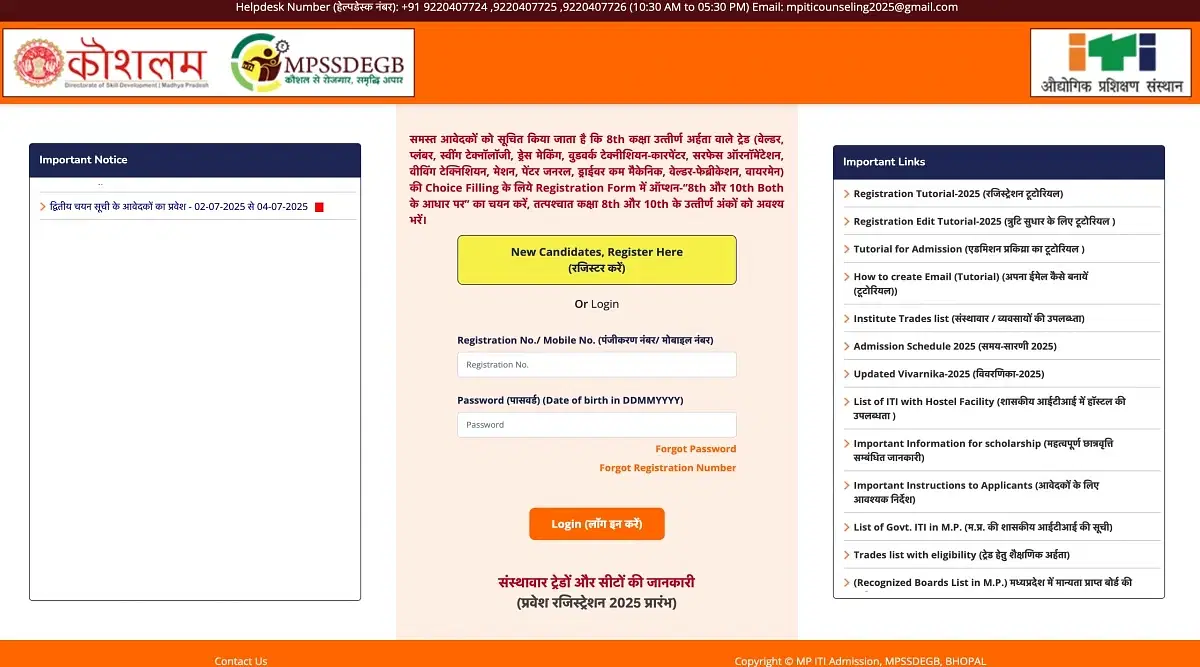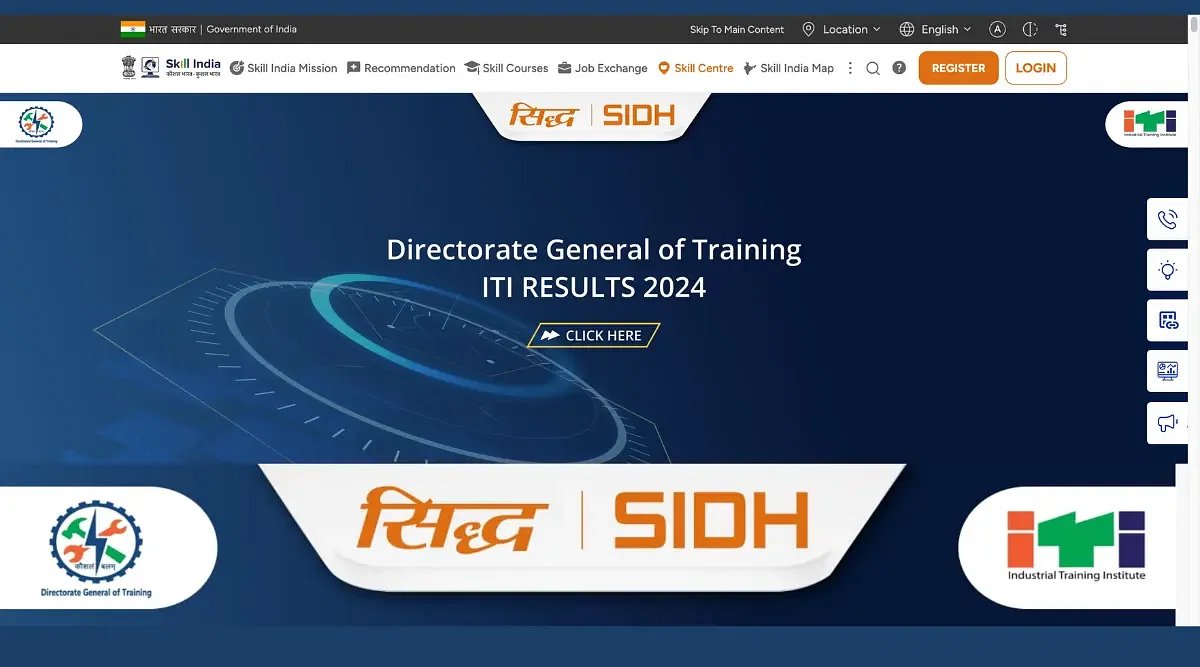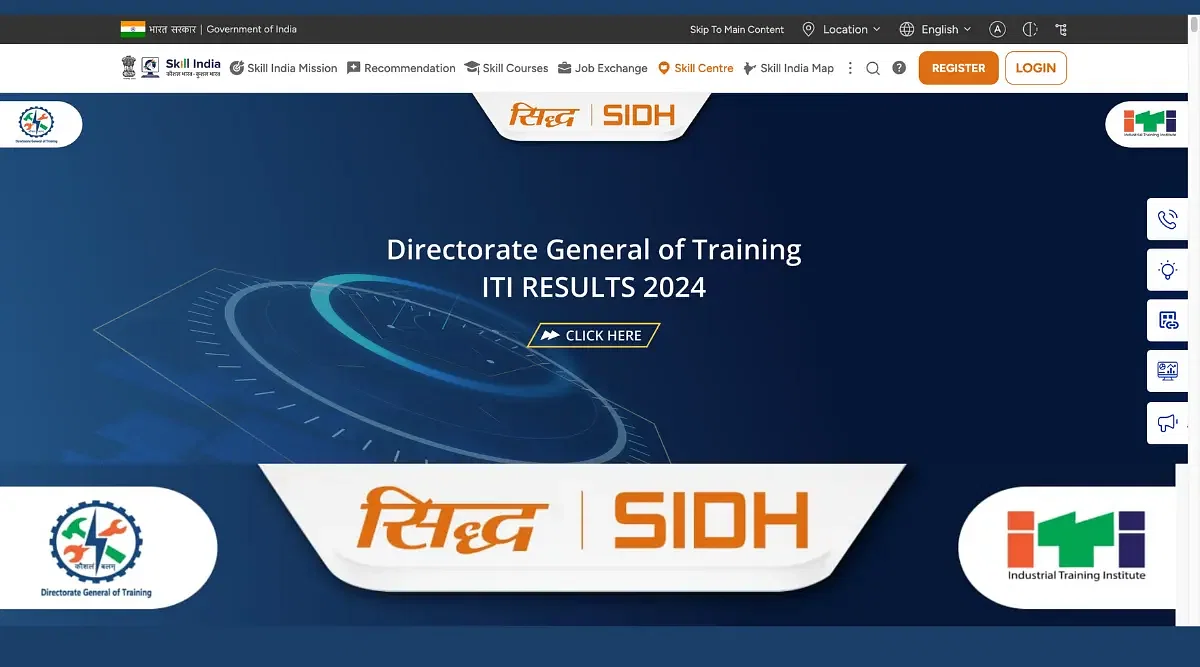Students looking to study MBA in Germany can check out specializations like global management, leadership management, innovation and entrepreneurship.
Table of Contents
- Why Study MBA in Germany?
- Top Colleges/ Universities to Study MBA in Germany
- Types and Specializations of MBA in Germany
- Eligibility Criteria to Study MBA in Germany
- How to Study MBA in Germany without GMAT?
- Total Cost to Study MBA in Germany
- Scholarship and Financial Aid to Study MBA in Germany
- Job Opportunities after MBA in Germany
Students looking to study MBA in Germany can check out over 130 business schools out of which 34 offer the MBA program. An MBA in Germany is a 1-1.5 years course offered in various specializations that deal with business and finance management.
MBA in Germany is offered via different modes of study. A full-time MBA program could take between 12 to 24 months to complete depending on the university, program chosen, and place of study. A part-time MBA program is also available where students who are employed with an organization can study in the evenings or over the weekends.
Another way to study MBA in Germany is through the distance learning mode where students are required to pursue their MBA course and study from home. Another option is the executive MBA program where students sign an agreement with their employer and are also financed by them. This program is generally designed for Executive Managers and is structured very tight.
Why Study MBA in Germany?
An MBA in Germany is known for its curriculum that combines theoretical knowledge with practical experience. It is one of the most recognized degree programs worldwide that inculcates students with managerial skills and also teaches them to interpret the latest business trends and successfully implement them in the future. Some reasons to study MBA in Germany include:
- Germany is home to around 8 business schools that rank among the top 100 in the world for their full-time MBA program
- Students can choose from a wide range of MBA specializations such as Global Management, Leadership Management, Innovation and Entrepreneurship
- Top higher education institutions in Germany do not charge tuition fees which makes an MBA program in Germany much more affordable as compared to other top countries such as the USA, the UK, and Canada
- Several financial aid options are offered by the best MBA colleges in Germany which help students to cover their living expenses
- The course curriculum and study modules of MBA in Germany cover important concepts of business management including practical sessions which help students to gain crucial skills and an independent style of doing business with innovative ideas
- International students also have many internship opportunities and part-time jobs while pursuing MBA in Germany and can earn around 900 Euros per month which can cover their living expenses. Germany is also one of the easiest countries for international students to get a work visa
- Germany is home to globally recognized companies like Daimler, Porsche, and Volkswagen which offer lucrative employment opportunities to MBA graduates
Top Colleges/ Universities to Study MBA in Germany
International students prefer to study MBA in Germany as it is relatively cheaper than in other European countries. Most of the state-funded universities in Germany offer tuition-free higher education programs to students from all over the world. Tabulated below are the top colleges and universities to study MBA in Germany:
|
Top Universities |
Course Details |
Eligibility Criteria |
|
Course: Master in Management Duration: 2 years Tuition Fee: INR 3.4 Lakhs |
GMAT, GRE, IELTS |
|
|
Course: Master of Science in Business Administration Duration: 2 years Tuition Fee: INR 50,300 |
IELTS |
|
|
Course: MBA in International Management Duration: 15 months Tuition Fee: INR 15.6 Lakhs |
GMAT, GRE, IELTS, TOEFL |
|
|
Course: Master of Business Administration Duration: 12 months Tuition Fee: INR 35.2 Lakhs |
GMAT, GRE, IELTS, TOEFL |
|
|
Course: Executive MBA in Innovation and Business Creation Duration: 2 years Tuition Fee: INR 25.7 Lakhs |
IELTS, TOEFL |
|
|
Witten/Herdecke University |
Course: Management (M.A) Duration: 1-2 years Tuition Fee: INR 22,300 |
IELTS, TOEFL |
|
EU Business School (Germany) |
Course: Master of Business Administration (MBA) Duration: 12 months Tuition Fee: INR 22.4 Lakhs |
GMAT, GRE |
|
Offenburg University of Applied Sciences |
Course: MBA in International Business Consulting Duration: 15 months Tuition Fee: INR 6.9 Lakhs |
IELTS, TOEFL |
|
Reutlingen University |
Course: MBA in International Management Duration: 12 months Tuition Fee: INR 8 Lakhs |
IELTS, TOEFL, PTE |
|
EBS University of Business and Law |
Course: Master in Management Duration: 20-24 months Tuition Fee: INR 13.1 Lakhs |
GMAT, GRE, IELTS, TOEFL |
Types and Specializations of MBA in Germany
Top German universities offer a wide range of MBA specializations such as global management, leadership management, innovation and entrepreneurship to students from all over the world. An MBA program in Germany is offered in full-time, part-time, executive, and distance learning modes. Find below some of the popular specializations chosen by students to study MBA in Germany:
- Entrepreneurship
- Finance
- HR
- Innovation
- International Management
- Marketing
- Leadership
Eligibility Criteria to Study MBA in Germany
The eligibility criteria to study MBA in Germany depends on the university chosen to pursue the program. As a general requirement, students need to have completed a German equivalent of a bachelor’s degree in the relevant subjects. Listed below are the other eligibility requirements to study MBA in Germany:
- One must hold a 4-year bachelor's degree or a 3-year degree with a 1-year master's degree in business administration to be able to study MBA in Germany. Certain universities would also accept a 3-year degree with relevant work experience
- In addition to the basic education requirements, international students need to have cleared and scored a certain level in GMAT/GRE/IELTS/TOEFL examinations and possess basic knowledge of the German language
- To apply for a German-taught course, the applicant must possess high-level German language knowledge and should also appear for language proficiency exams like TestDAF/ DSH to be eligible for the same
- At least 60% - 80% marks in the bachelor's degree in any field
- The applicant should have qualified for any entrance exam like GRE, GMAT: 550 and also needs a valid score in any English proficiency test such as TOEFL: 90, IELTS: 6.5 - 8
- One must also provide additional documents such as a letter of recommendation, visa, passport, bank statement, etc
- 2-5 years of work experience in the same field and an interview may be required for admission to some universities
Intakes to Study MBA in Germany
German universities have dual intake for every academic year i.e. January and September. There are very limited admissions for the January session. One can either opt for the classic MBA Degree that centres around general management or opt for a more unconventional choice and enrol for the specialized MBA program that deals with niche industries such as healthcare management, consulting and logistics.
How to Study MBA in Germany without GMAT?
Students who have performed poorly in the GMAT examination or have missed the exam altogether and are willing to pursue MBA in Germany still have hope. Several universities in Germany accept international students without a GMAT or GRE score for an MBA program. Shown below are the courses available and the universities to study MBA in Germany without GMAT:
|
Course/ University Name |
Eligibility Criteria |
|
Applicants having a minimum of 4-5 years of work experience in a relevant field can apply for the Executive MBA program at TUM. Admissions are offered on a rolling basis |
|
|
MBA at Berlin School of Economics & Law |
Applicants must have 3 years of work experience to apply for the FT-MBA program. GMAT scores are not required for the admission process |
|
MBA at Cologne Business School (CBS) |
GMAT scores are not required for admission to the MBA program at CBS |
Total Cost to Study MBA in Germany
The total cost to study MBA in Germany includes tuition fees and living expenses. There are additional expenses such as the costs of various standardized tests, travel & stay, tuition fees, study material, etc.
Pre-arrival Costs for Germany
The pre-arrival costs for international students coming to study MBA in Germany include the overall expenses to finalize the admission. More details on these pre-arrival expenses are as follows:
|
Expenses |
Cost (in INR) |
|
Application Fees |
INR 11,262 |
|
German Student Visa Application Fees |
INR 6,722 |
|
IELTS Fees |
INR 14,700 |
|
TOEFL Fees |
INR 12,750 |
|
Health Insurance |
INR 6,712 - INR 13,424 |
|
GMAT Fees |
INR 18,644 |
|
GRE Fees |
INR 15,286 - INR 17,150 |
|
Travelling Costs |
INR 48,000 - INR 55,000 |
Living Costs
The living costs in Germany are on par with other European nations and come to around €700- €1000 per month. The average cost of living in Germany with good facilities can be around INR 1.5 - INR 3 lakhs per month. Several scholarship options are available for students to study MBA in Germany which would eventually lessen their financial burden. More details of the monthly cost of living in Germany are listed below:
- Food and Drink: INR 14,184
- Learning Resources: INR 1,700
- Rent, Electricity, etc: INR 27,000
- Travel: INR 7,930
- Phone, Internet, TV: INR 2,980
- Entertainment: INR 51,000
Tuition Fees
The average tuition fees for international students to study MBA in Germany range from INR 2,76,413 - INR 35,77,112. Shown below are the MBA tuition fees at some of the top German universities:
|
University Name |
Tuition Fees (in INR) |
|
INR 26.1 Lakhs |
|
|
INR 31.12 Lakhs |
|
|
INR 31.92 Lakhs |
|
|
INR 19.2 Lakhs |
|
|
EBS |
INR 13.84 Lakhs |
|
HHL |
INR 31.12 Lakhs |
|
Mannheim School of Business |
INR 32.3 Lakhs |
Blocked Account in Germany for International Students
German universities request a monthly sum to be provided to students for their living expenses in the country as well as for completing their education. This amount is deposited in a blocked account and is decided according to the prevailing economic conditions as well as the relevant fee structure every year. The amount generally varies from state to state and has been set at €853 per month, which is around €10,236 for an entire academic session and covers the entire cost of accommodation, living expenses, and even travel pass costs.
International students who have arrived in Germany for studies are required to open a Student Loan Account with a local bank to deposit the ‘Blocked Amount’ for the entire academic year. They are allowed to withdraw the sanctioned monthly amount to cover their expenditures every month. This is mandatory for all international students who choose to pursue their higher education in Germany.
Scholarship and Financial Aid to Study MBA in Germany
International students willing to study MBA in Germany have the option to work part-time for up to 20 hours per week to help with their living expenses. This option will not only help them ease their living expenses but also help them gain relevant work experience in their field of interest. Additionally, several scholarship options are available for international students to study MBA in Germany which include:
- Global Study Awards
- Central Sector Scheme of National Overseas Scholarship
- Financial Sumo Educational Scholarship Program
- BrokerFish International Student Scholarship
- Go Clean Scholarship
Global Study Awards
The Global Study Awards are awarded in association with Study Portals, ISIC and British Council to encourage young students to study abroad, explore new countries, cultures, and learn new languages. This merit-based scholarship is awarded to two students for each academic year and the maximum scholarship per student is GBP 10,000. Students willing to pursue their MBA in Germany are eligible to apply for this scholarship.
Central Sector Scheme of National Overseas Scholarship
This scholarship is awarded by the Ministry of Social Justice & Empowerment, Government of India and provides financial assistance to selected candidates for pursuing their master's program abroad from accredited institutions/ universities. The Central Sector Scheme of National Overseas Scholarship is applicable to all candidates who want to pursue an MBA in Germany with a total of 100 students being awarded the scholarship for one academic year. The maximum scholarship amount per student is USD 33,800.
Financial Sumo Educational Scholarship Program
This scholarship is awarded in association with Financial Sumo with the sole purpose of unburdening the students of their college fees. This need-based scholarship can be availed by students pursuing an MBA in Germany and is awarded to a single deserving candidate every academic year. The maximum value of the scholarship is USD 1,000.
BrokerFish International Student Scholarship
This scholarship is awarded by Broker Fish with the main purpose of helping people from all over the world find and buy International Health Insurance. It aims to help international students save money during the academic year and assist them on their path to a successful future. Students applying for an MBA in Germany are eligible to apply with the maximum scholarship amount per student set at USD 1,000.
Go Clean Scholarship
The Go Clean Scholarship is the financial assistance awarded to students who are dedicated and hardworking. This merit-based scholarship can be availed by students applying for an MBA program in Germany. To be eligible, the applicant is required to write an article on the topic ‘How to keep the environment green and clean’ in 500-750 words. The scholarship is awarded once in an academic year and its maximum value is set at USD 3,500.
Job Opportunities after MBA in Germany
MBA graduates in Germany can find lucrative jobs and placement opportunities in Germany as well as in other countries. International students wishing to work in Germany after the completion of their MBA course are required to extend their VISA and fulfil other requirements. A few popular job options for MBA graduates in Germany are tabulated below:
|
Job Role |
Annual Salary (in INR) |
|
Business Development Manager |
INR 1.57 Cr. |
|
Consultant |
INR 1.3 Cr. |
|
Strategist |
INR 1.79 Cr. |
|
Product & Project Manager |
INR 1.2 Cr. |
|
General Manager |
INR 1.5 Cr. |
|
Marketing Manager |
INR 1.06 Cr. |
|
Operations Manager |
INR 1.17 Cr. |
What after MBA in Germany?
International students have the option of applying for an 18-month Residence Permit to look for a job that corresponds to their area of qualification after the completion of their course. In this 18-month duration, students can take up any kind of employment to support themselves and fund their job search.
The probability of receiving a residence permit in order to work in Germany entirely depends on one’s qualifications and area of work. Germany has also recently introduced the EU Blue Card for citizens from non-EU-states, as proof of their legal stay in the country for the purpose of working. One must hold a college/ university degree and provide evidence of a signed working contract with a German company that pays a certain fixed salary to qualify for the EU Blue Card.
Salary
There is a huge demand for MBA qualified professionals due to its intricate course module. MBA graduates are one of the most handsomely paid professionals in the corporate sector with freshers earning around 55,000 Euros (INR 46 lakh) per year. There are several opportunities for MBA graduates in job sectors such as healthcare, consulting and logistics, information technology, education, and finance.























POST YOUR COMMENT